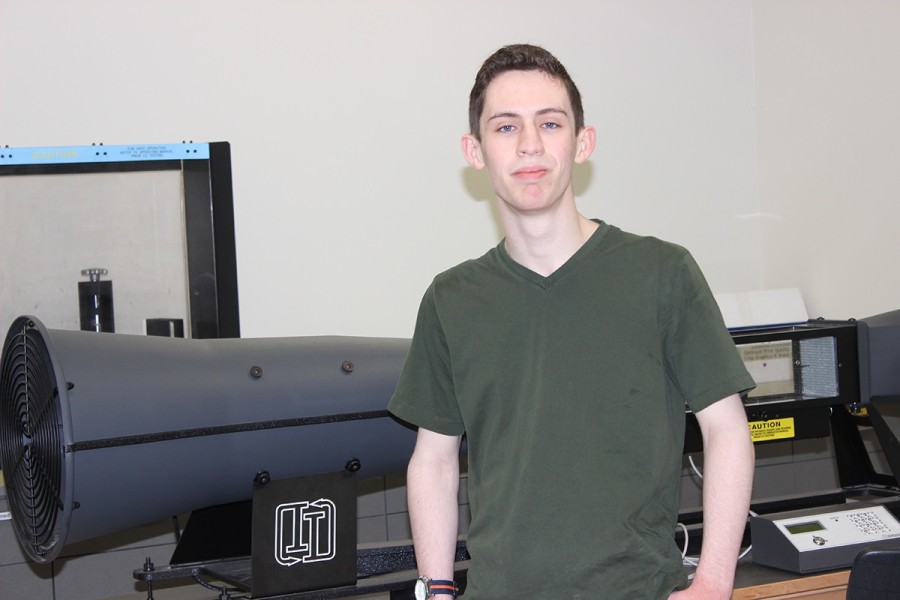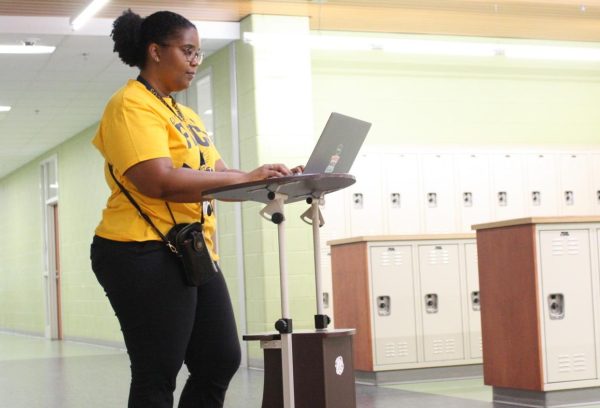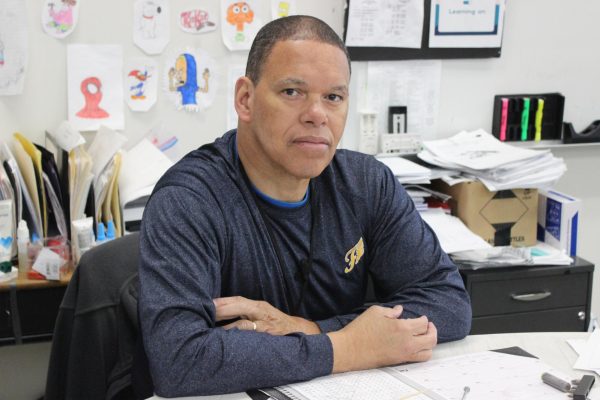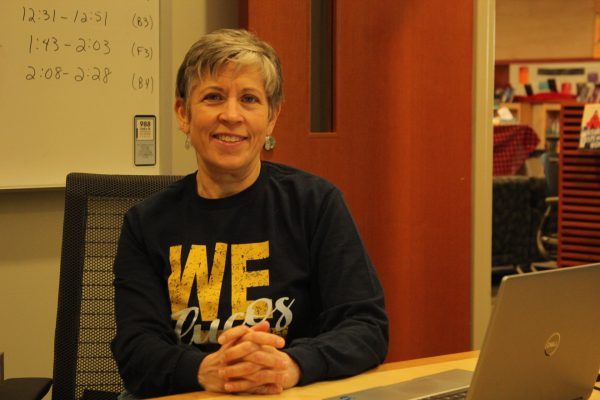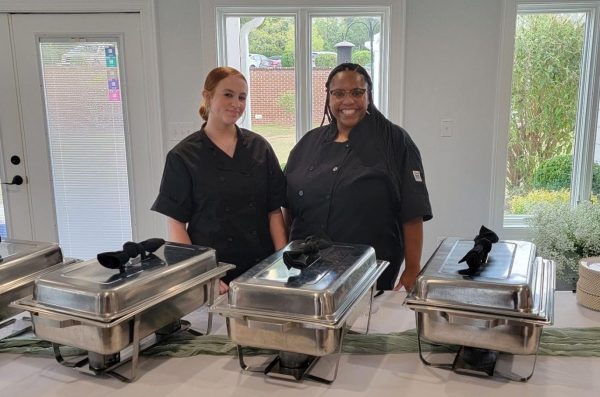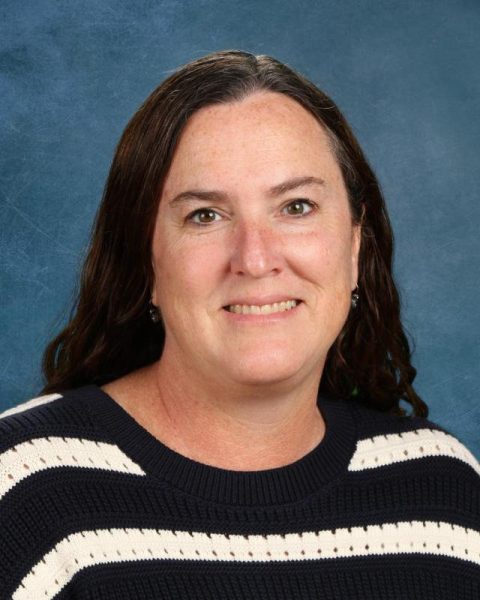Engineering An A
Perhaps all AP students know the stress of studying for the AP subject tests and the fear of judgment and low scores—it’s ingrained in their minds by the repetitious warnings of teachers, like, “This test will be one of the hardest of your high school career,” or, “Ask me before you pay for this, I’ll tell you if I think you should take it.” But the AP testing schedule only comes with five tiers of achievement, meaning you can score anywhere from a 1-5 on the test. In contrast, the test that caps FCHS’ new Principles of Engineering course comes with nine.
The program only reached Fluvanna a few years ago; it centers on CTE courses—Career and Technical Education. “Fluvanna has had the program for about six years now,” said Douglas Campbell. Campbell, who is in his second year at the school, took over some of the Engineering courses last year and has background as a military engineer. “[The program] is counted as CTE, but [it’s] part of a process that wants to get people away from thinking of CTE as the industrial arts, as the old shop class. CTE, in this case, is very STEM-related, and very technical school or college oriented,” Campbell said.
“This class is meant to give students a background in engineering,” Campbell explained, “to get them involved early in high school so they’re better prepared when they get to college.” And since the course gives college credit based on timed test scores in the same way AP courses do, this is an easily achievable goal. But this test does more than grant credit; it ranks students, as well.
The test’s scoring system is broken down into nine tiers, and earning a score between 6 and 9 gives the student college credit. Now for most students, earning a 7 or 8 is more than enough. It is, after all, very difficult to earn a 9. Difficult, but not impossible, as junior Dalton Shifflett proved. The nine he earned placed him in the top 3% of students nation-wide who have taken this test, and essentially earning himself an A in a college level course.
“Honestly, I thought I got a six,” Shifflett said when he was asked about his score, “[but] Mr. Campbell told me to flip that number upside down.” Shifflett was very modest about the achievement, and very frank, directly stating that he received a nine in an almost flippant tone. He didn’t have much to say on the subject; no bragging, no pleased comments. He simply stated that he just likes the subject matter and that he wants to be an engineer because he’s “very into math and science,” adding, “I want to make money.” He did admit that his favorite part of the class was the projects, saying that, “One of the first days we had to build a slingshot out of rubber bands, tongue depressors, and a straw. Ours won.”
Campbell has his own theories as to why Shifflett did so well on the rigorous test. “He’s an outstanding young student. He’s got a good head on his shoulders [and] he’s a very good problem solver,” Campbell said. “In this course it’s not enough to be smart or bright, it takes a lot of effort. He went the extra mile when we had things to know and understand. He’s always thinking, ‘What if?… How does this impact?…’ and he’s the kind of student that would go above and beyond if he had an interest because he’d want to know more about it, not just what was in the classroom.”
“This program is one of the best kept secrets in the school,” Campbell began. “We get to play all day. Maybe we’ll get more students signed up now that it’s no longer a secret.” And maybe, just maybe, he’ll find more prodigies like Shifflett along the way.

